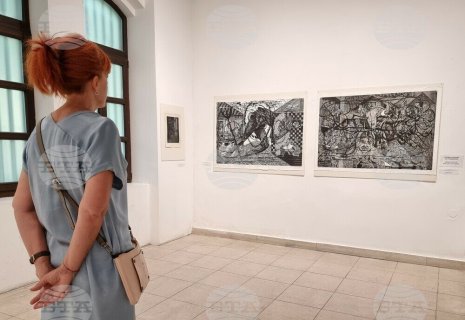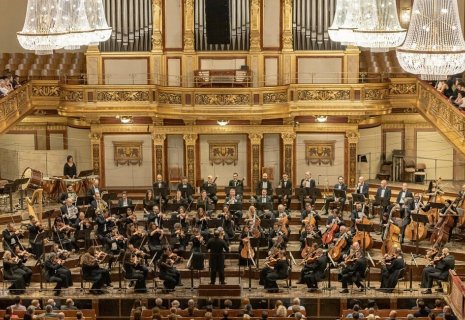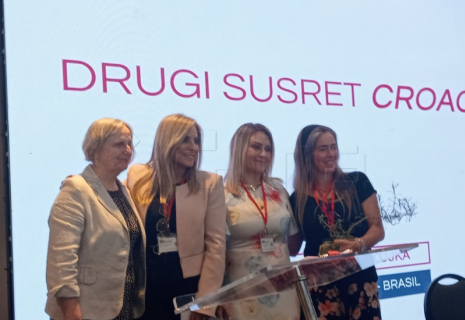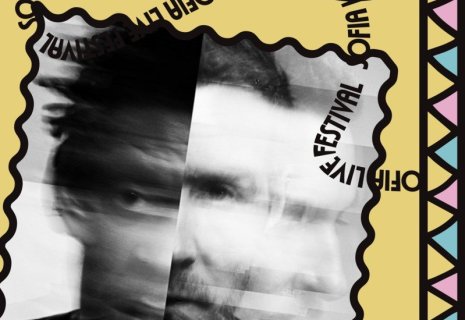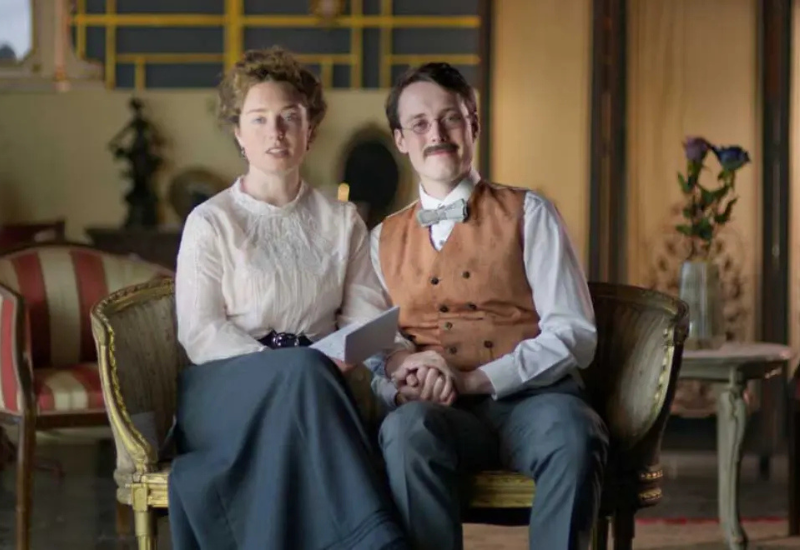
New film reveals James Joyce’s forgotten cinematic dream
A film based on an essay by Slovenian writer Drago Jančar explores a little-known episode of James Joyce's life in Trieste when he persuaded four entrepreneurs to open Ireland's first cinema.
Combining live action and documentary formats, Kino Volta (Volta Cinema) pieces together fragments to shed light on the spirit of the time and the people involved, CE Report quotes The Slovenia Times.
The Trieste-born Slovenian director Martin Turk dedicated the film to his home town, where the Irish writer spent about a decade on and off between 1904 and 1920.
In 1909, as then-obscure Dublin teacher of English he met four local entrepreneurs, persuading them to open Ireland's first cinema in Dublin, modelled on the already flourishing cinematic scene in Trieste.
Judging by their family names, two of the entrepreneurs were members of the Slovenian community, which accounted for roughly a third of Trieste's population at the time.
At the time when the young Joyce arrived in Trieste, somewhat by coincidence, the city was the main port of the Habsburg empire, and a thriving commercial and cultural hub.
Turk says the biggest challenge was how to show something that existed only as an anecdote, without visual archives that he could rely on.
Primarily a fiction director, he decided to look for actors and the idea of creating a theatre play to evoke the memory of Joyce's presence in Trieste was born.
In a mixture of drama, documentary, and silent cinema, the viewer is taken through this slice of history by Trieste actors Danijel Malalan and Nikla Petruška Panizon, along with professors and historians and an international cast of actors.
Combining Slovenian, Italian and English, the film pays tribute to Trieste, its people and its rich cultural heritage, as well as to the Slovenian Permanent Theatre there.
After having its world premiere at the Trieste Film Festival last year, the film premiered at Ljubljana's Kinodvor Cinema on St Patrick's Day.
The film won Best Feature award at Dublin's Bloomsday Festival last year, where it was praised as an "excellent and valuable addition to the growing catalogue of Joycean Cinema".
This creative documentary bounds nimbly across geographic and temporal boundaries, weaving together period reenactments and present day encounters, in an assured and exuberantly creative format that is both entertaining and clearly premised on extensive primary research," the judges said.






